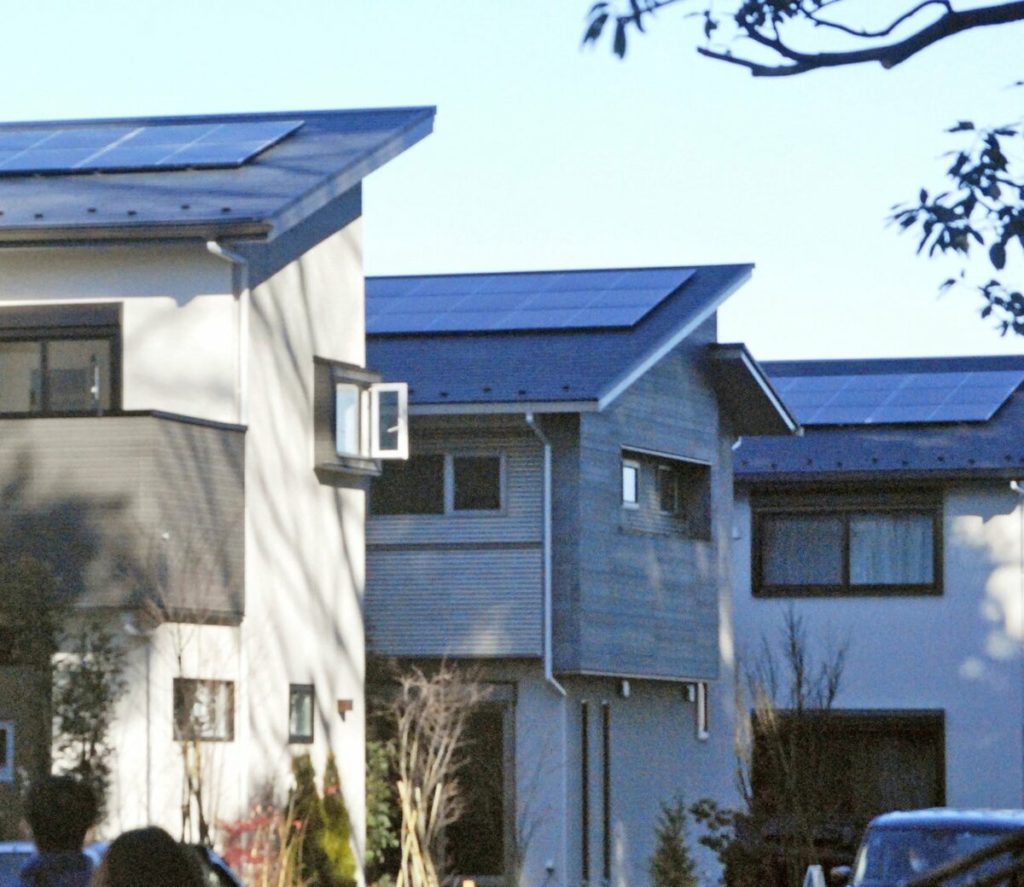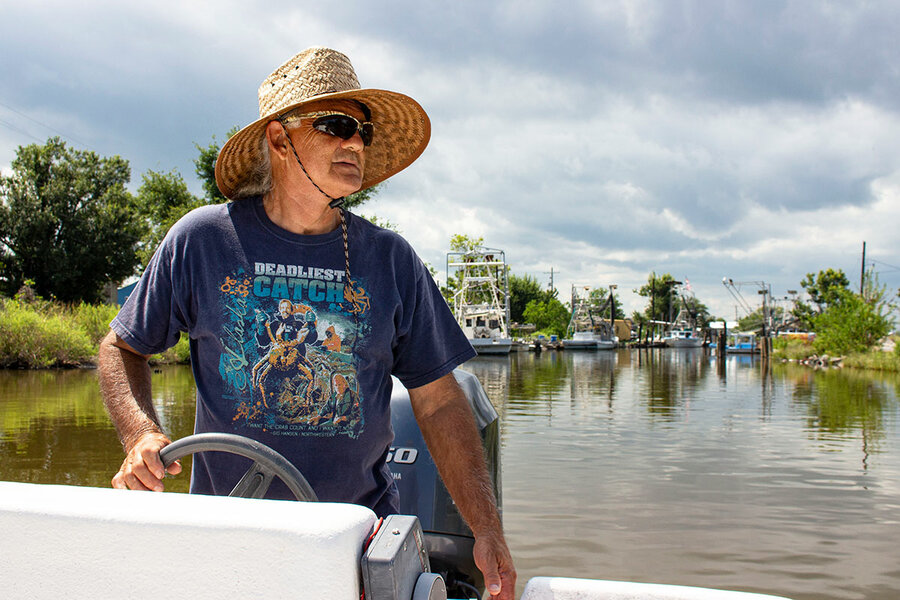Original publication for kyodonews.net on 15 December 2022
TOKYO – The Tokyo metropolitan government said Thursday it will introduce a system requiring newly built homes to be fitted with solar panels from fiscal 2025 in a bid to reduce carbon emissions from the household sector.
The first mandate of its kind in Japan comes as a revised ordinance on environmental security to introduce the system was passed Thursday by a majority vote on the final day of a regular Tokyo metropolitan assembly session.

(Kyodo)
According to the metropolitan government, major housing construction firms will be required to install solar panels on buildings with a total floor area of less than 2,000 square meters.
Home buyers will also be required to cooperate, and those privately contracting the construction of a residence 2,000 square meters or more will be obligated to fit it with solar panels.
The system will take effect in April 2025 after residents have been informed and preparations have been made with relevant businesses.
The metropolitan government estimates that the 980,000 yen ($7,200) initial cost for installation of the 4-kilowatt panels can be covered within 10 years from electricity sales revenue and can be further reduced down to six years with subsidies it will provide.
Subsidies for the initial costs will also be provided to leasing firms to reduce the burden on home buyers, the metropolitan government said.
Tokyo has set a goal to halve carbon emissions by 2030 from the level of those in 2000. A supplementary budget of 116.2 billion yen was also approved for the scheme, including subsidies for installing the panels.
The revised ordinance was approved by the local Tomin First no Kai party, of which Tokyo Gov. Yuriko Koike is a special advisor, as well as the coalition partner of Japan’s ruling party, Komeito, and the Japanese Communist Party, among others.
But the ruling Liberal Democratic Party, the largest in the Tokyo assembly, was opposed to the requirement as “residents had not fully understood or accepted it.”
Koike said she wanted to promote decarbonization efforts and “go forward while deepening everybody’s understanding.”




